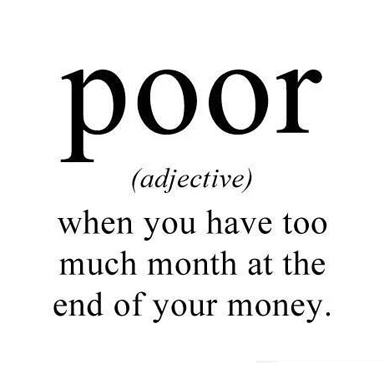Many graduates are so buried in debt by the time they earn their Bachelor’s degrees they are hesitant to pursue their educations further. Once they enter the job market they are hit with the cold truth of the Catch 22 of the American job market—it’s hard getting a good job without a Masters degree and once you get your Masters degree it’s hard finding a job that can pay off the debt.
Tuition bills and the costs of living seem to keep rising while average incomes continue to stagnate. So what’s the answer? Should graduates give up their dreams of working for a top-notch law firm or medical facility? Should they hunker down and work even-steven jobs in order to pay off their debts? This is a personal decision that each student will have to make on his/her own. Here are a few options to consider that you may find illuminating:
- Look into online campuses and e-degrees.
More and more students are earning their Master’s degrees online in order to save money on tuition and have the ability to work a full or part time job while learning. For many graduates—especially ones who are low on money, have huge debts, or are having children—the flexibility and affordability of e-learning is worth a second look.
- Government consolidation loans.
This will require some due diligence and research, but there are loans out there that entail the government repaying your loan for you or helping you to heavily consolidate it in return for your contractual promise to work in a non-profit field or other related industry. If you know exactly what kind of work you want to do and it fits the terms of one of these loans, you may stand to see your debts erased in ten years time.
- Intern in the field or try a fellowship.
Before you launch yourself into the considerable psychological and financial stress of a Master’s degree, it would probably behoove you to get some experience in the field and make sure you’re on the right path. The best ways to do this are internships (which look great on resumes and can groom you for jobs) and fellowships (which often pay fellows stipends and even salaries).
Pursuing a Master’s degree is a big decision that can allow you to reap large rewards. It can also cause you to sink further into debt. That’s why it’s important to really consider all your options and make a sound, informed decision about your educational trajectory and career path.




















